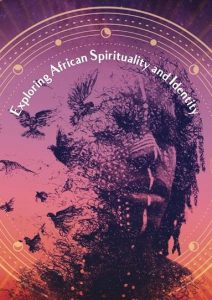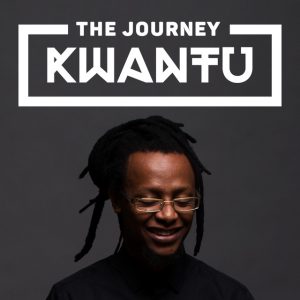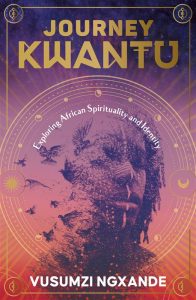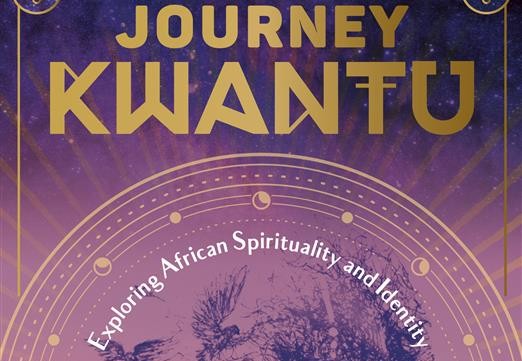This is a book that should be required reading at all schools. Ngxande is a podcast host who explores the big topic of African spirituality and has conducted deep, in-depth interviews over the years. The book is personal and profound; it begins with his own alienation from a strict upbringing and a mother deeply embedded in the Methodist Church and the Abomama Bomthandzo (mothers of prayer).
But when Ngxande was in his 20s, his deeper questioning of religion began. He joined a UCT church with huge speakers and ‘all white’ pastors, filled with young people like him who were trying to find their spiritual place in the world. It was in this context that he finally walked away from the religion he had grown up with.
“I knew then that men made things up about God to fit whatever narrative they felt would give them power over others”
He walked away from the Christian religion with a deeply questioning mind. What followed was almost a decade of no belief, a time he confesses was a time of no real spiritual cushion, but for a vague belief that there is a God somewhere. Then his father passed away, he had a child, and some strange dreams started. Those dreams took him to a very modern sangoma. And it was this visit that finally opened a door for a journey of spiritual questioning. This journey took him into an exploration of African culture and spirituality, a culture that the church had largely and systematically demonised over the last century.
For decades, African spirituality has been demonised or met with suspicion. Many people have had to choose between being a believer, usually in the Christian faith, or believing in their ancestors. Yet often African cultural practices require the involvement of Ancestors in one form or another, which goes against Christian dogma.

He explains how the rise of mission stations and missionaries in Africa brought with it a loss of land for black people. Slowly, tribal communities came to depend on these outposts for food, but there was a price to pay: embracing the church and its teachings. These teachings banned ‘heathen customs and vile habits’, it vilified a belief in the ancestors and in a culture that was centuries old. Sewing and general housekeeping classes were given, and Western clothes, dress and behaviour were taught.
With the rise of religion and the systematic reduction and removal of more traditional practices, Africa was colonised by both countries and by the Abrahamic faiths of Christianity and Islam. He tracks the stories of the Xhosa and how the Aba-Ntu (Bantu) migration led to the formation of the southern African tribes and cultures we know today. He calls this movement the Bantu Odyssey, as it was a movement over 2000 years that gave birth to entire new kingdoms and societies.

So much of this book is real hard research, but it goes beyond that into a gathering of smaller stories that are vast and yet consistent.
This book will broaden your mind and revise your knowledge of history, and it may go some way to undo generations of half-truths about Africa.
This book is part academic and historical exploration, but it is exceptionally modern. It’s historical in the sense that Ngxande is writing history through very rigorous interviews and research. It is contemporary in the sense that he is asking questions that a modern African should potentially ask. He’s asking how we got here. Why do we believe what we believe? Is this where we should be, and where exactly is here?
He asks deep, intelligent questions and dives deep to find answers.
There is a quote in his discussion about culture that I really loved, and underlined a few times, that perhaps sums up what he knows: “one thing is for sure, our connection to the spirit world is not contained in our religious practice. It exists in our DNA.”
This book offers guidance and spiritual sustenance to African believers. It is no surprise to see that Nxande himself is gifted and guided by his ancestors.
The Journey Kwantu

: Exploring African Spirituality and Identity
by Vusumzi Ngxande
Published by Jonathan Ball Publishers (2025)
ABOUT THE AUTHOR:

Vusumzi’s research into ancestral ceremonies has taken him across the country and he’s been embraced by several initiation schools that have allowed him to witness their processes. In 2018, he launched an award-winning podcast called The Journey Kwantu that explores questions around African spirituality and identity. He is based in Johannesburg.
https://www.instagram.com/thejourneykwantu/
https://www.youtube.com/@journeykwantupodcast956/



